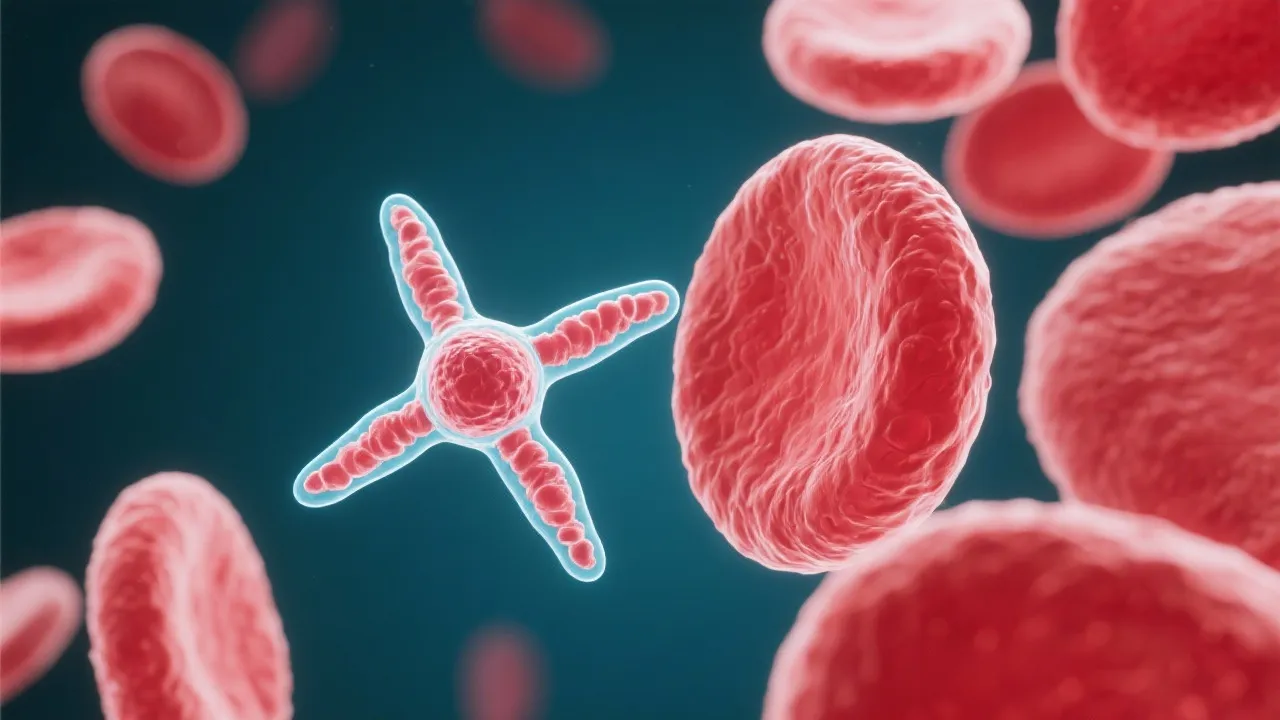The D7324 antibody is a critical component in molecular biology, specifically developed for detecting specific proteins. Antibodies like D7324 are essential tools for researchers in diagnosing and understanding proteins in biological samples, illuminating numerous pathways in cellular biology and disease understanding. This article delves into its applications, challenges, and future prospects.

The D7324 antibody is a pivotal reagent in numerous scientific research processes. Known for its specificity and affinity, this antibody is widely used in molecular biology labs to identify and quantify proteins in samples, playing an instrumental role in various research protocols. The advent of monoclonal antibodies like D7324 has revolutionized the field by offering highly specific binding capabilities, allowing for more accurate targeting of proteins that might otherwise be challenging to detect with less specific reagents.
Antibodies such as the D7324 are essential in western blotting, immunoprecipitation, ELISA, and other protein detection methods. Within these processes, the D7324 antibody's precision enables researchers to detect antigens with remarkable clarity and accuracy, making it invaluable for experimental assay development. For instance, in western blotting, D7324 can be used to differentiate between different protein isoforms based on molecular weight. In ELISA assays, it can be employed as either a capture or detection antibody, depending on the experimental design, allowing for flexibility in quantification strategies. Moreover, the strong affinity of D7324 for its target enhances signal detection, thereby improving the overall sensitivity of assays.
The primary use of the D7324 antibody arises in detecting specific proteins under investigation. Often conjugated with an enzyme or fluorescent label, these antibodies can be visualized using various detection systems, such as chemiluminescence or fluorescence microscopy. The specificity of D7324 means that research conclusions drawn using this antibody are reliable and robust, contributing significantly to the credibility of scientific publications. This reliability is critical when researchers are exploring the pathophysiology of diseases, where precise protein quantification can shed light on potential therapeutic targets. Additionally, the ability to visualize proteins in their native context enables scientists to understand cellular signaling pathways with minimal perturbation to the biological system.
Despite its widespread usage, employing D7324 antibodies requires careful consideration. Stability, storage conditions, and concentration are critical factors that impact results. Antibody degradation or mislabeling can lead to false positives or negatives, affecting the integrity of research findings. Proper training and thorough protocol adherence are, therefore, crucial for scientists utilizing this reagent. It is essential to avoid repeated freeze-thaw cycles that can compromise the antibody's integrity. Furthermore, researchers should be aware of the potential for cross-reactivity with similar proteins, which can complicate interpretation of results. Comprehensive validation experiments, including the use of isotype controls and proper positive and negative controls, are necessary to substantiate claims made using D7324.
The application of D7324 antibodies extends into diagnostic arenas and therapeutic methodologies, opening avenues for innovative treatments and diagnostic tools in healthcare. Innovations such as recombinant antibody technologies are paving the way for the development of next-generation antibodies with increased specificity and reduced immunogenicity. The emergence of engineered antibody formats, such as camelid single-domain antibodies, further illustrates the potential for diversifying the application of D7324 in various experimental conditions. As research progresses, newer generations of antibodies like D7324 are being developed with enhanced specificities and functionalities, including increased binding affinities. Moreover, the integration of antibodies with nanotechnology is also on the rise, allowing for more effective drug delivery systems and improved imaging techniques.
| Feature | Traditional Antibodies | Modern Antibodies (e.g., D7324) |
|---|---|---|
| Specificity | Primarily Broad | Highly Specific |
| Applications | Limited | Expanded with Advanced Techniques |
| Stability | Variable | Optimized for Consistency |
| Source | Animal-derived (murine, rabbit) | Recombinant/Engineered |
| Format | Polyclonal/Monoclonal | Tailored Formats (Fab, scFv) |
The integration of antibodies like D7324 in technology continues to expand, enhancing their use in next-generation sequencing and bioinformatics. Also, the application of high-throughput technologies has transformed the landscape of proteomics, with D7324 antibodies contributing to the rapid identification of biomarkers for various diseases. These advances could facilitate early disease detection and personalized treatment strategies. Coupled with artificial intelligence, the future datasets' interpretation could revolutionize how we view biological research, offering deeper insights and more precise interventions. For instance, machine learning algorithms can now analyze vast datasets generated from experiments using antibodies like D7324, identifying patterns that might remain hidden with traditional analytical methods.
In conclusion, the D7324 antibody stands as a testament to the advancements in diagnostic and molecular research tools, offering precision and reliability that empower scientists to make informed discoveries in the medical field. As improvements continue, the potential for even greater applications of antibodies like D7324 remains vast. As researchers delve deeper into the complexities of biological systems, the continuous evolution of antibodies, including D7324, will undoubtedly play a crucial role in pushing the boundaries of scientific knowledge and therapeutic development. Through collaborative efforts across disciplines and technological innovations, the future of antibody research promises to unlock new therapeutic possibilities, leading to enhanced patient outcomes and a better understanding of health and disease.
Explore the Tranquil Bliss of Idyllic Rural Retreats

Ultimate Countdown: The 20 Very Legendary Gaming Consoles Ever!

Understanding Halpin and its Influence

Affordable Full Mouth Dental Implants Near You

Discovering Springdale Estates

Illinois Dentatrust: Comprehensive Overview

Embark on Effortless Adventures: Unveiling the Top in Adventures Made Easy Outdoor Equipment

Unveiling Ossur Valves: Innovation in Prosthetics

Unlock the Full Potential of Your RAM 1500: Master the Art of Efficient Towing!
